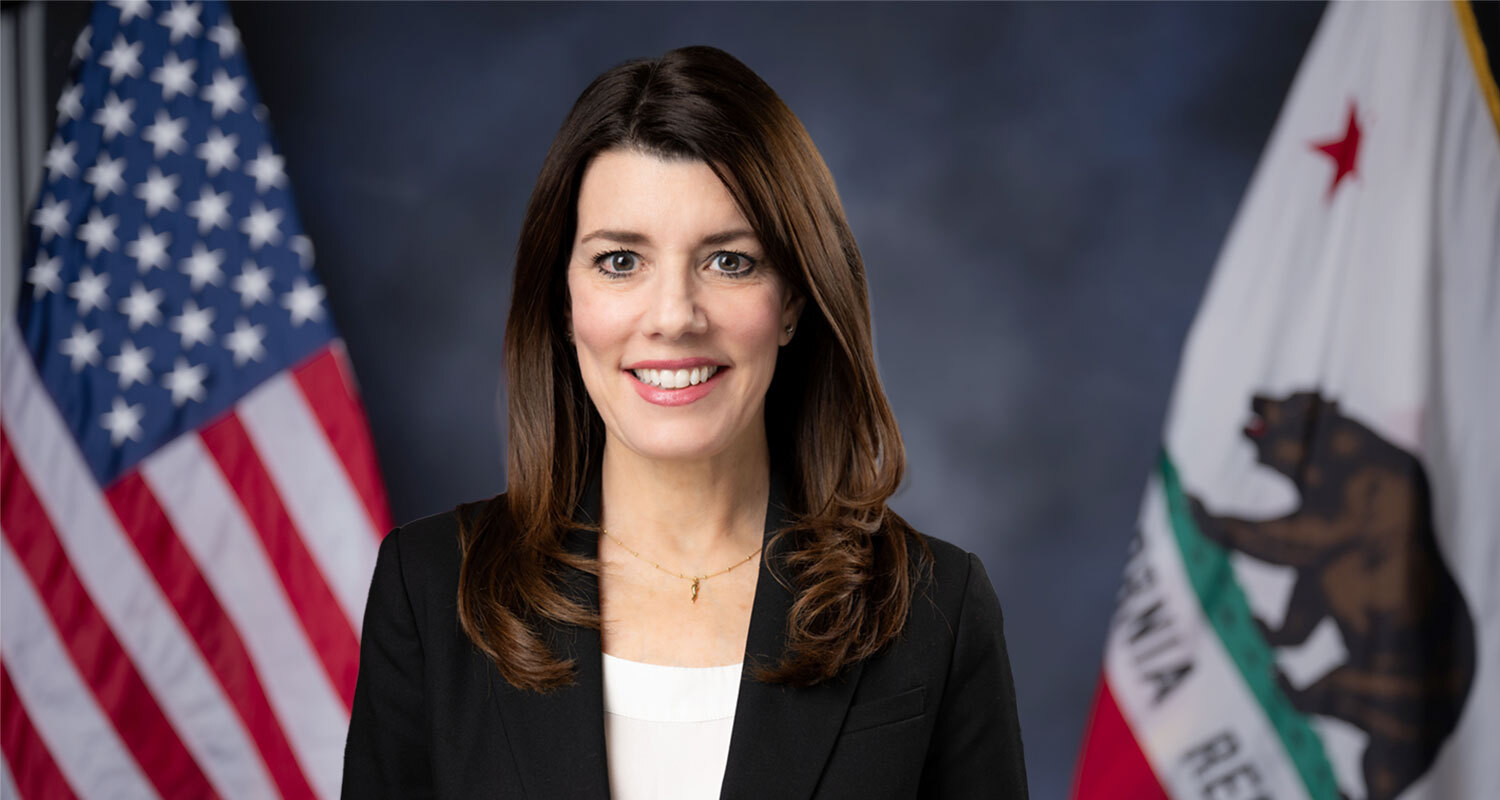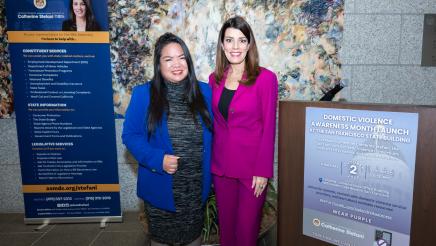RESTITUTION FIRST ACT INTRODUCED BY ASSEMBLYMEMBER CATHERINE STEFANI AND SPONSORED BY DISTRICT ATTORNEY BROOKE JENKINS SIGNED INTO LAW BY GOVERNOR NEWSOM
San Francisco, CA – Assemblymember Catherine Stefani’s bill, AB 1213, the Restitution First Act, sponsored by District Attorney Brooke Jenkins was signed into law by Governor Gavin Newsom. The Restitution First Act prioritizes restitution payments to victims of crime ahead of any other orders, judgments, liens or other debt owed by a person convicted of a crime associated with their conviction...








